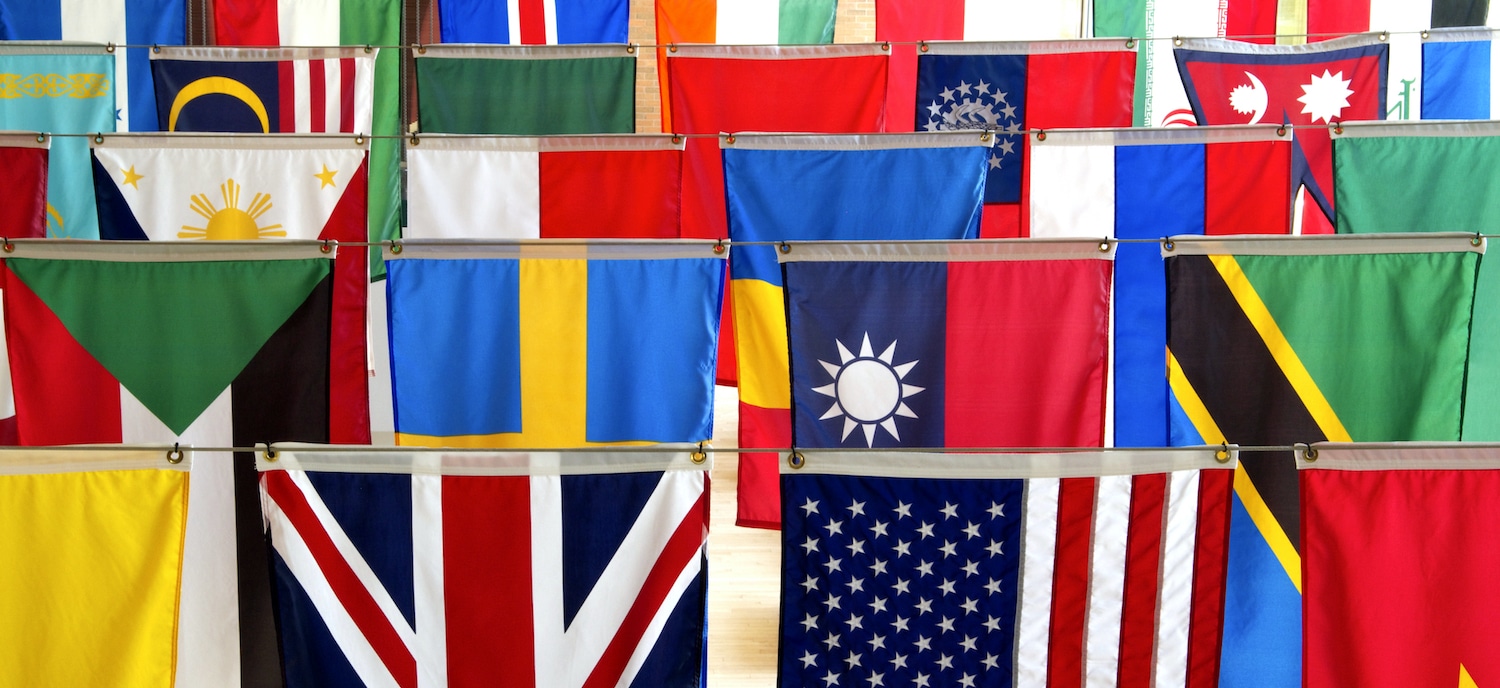With Immigration Changes, America Can Rank First in Global Talent
COMMENTARY

Make no mistake, a global war for talent is underway. Unfortunately, America is losing. Other countries are well-aware of these competitive sweepstakes and are modernizing their immigration pathways to attract the best and the brightest from around the world.
Just recently, Japan announced that it is rolling out new immigration options targeting high-income earners and graduates of prestigious foreign universities as this global contest for talented workers intensifies. This follows similar efforts in recent years by many of our economic competitors, including Canada, Germany, France, Australia, the U.K., Chile and China.
In contrast to Japan, America does not need to attract this top talent to our country, as they are already here, often as international students. America continues to be “the top destination for international students” as close to 1 million of them from more than 200 countries flock here for the world-class education, the ground-breaking research, and the multicultural environment.
Over half (54%) of all international students study in STEM fields and, even more importantly, between 50% and 80% of the full-time graduate students in key technical fields at U.S. universities are international students.
With all this, America must be maximizing this distinct advantage and winning this race for global talent — right? Wrong. Our clunky, 30-plus-year-old immigration system often does not provide an option for these graduates to stay. Disappointingly, they are forced to leave the U.S. and they take their U.S. education and training with them.
I am intimately familiar with this problem because I originally came to the U.S. as an international student from Ireland, and I have been practicing as a U.S. immigration attorney for over 15 years. I have had the privilege of working with thousands of supremely talented international students and I’ve seen what they can do; we should be doing all we can to keep these brilliant immigrants here!
One-quarter of America’s unicorns — privately-held, billion-dollar companies — have a founder who first came to America as an international student. I know there could be many more U.S. unicorn founders if we updated our immigration system.
I regularly witness how our antiquated immigration system pits these international students against each other in an annual random lottery for H-1B visas. If we want to win this global talent race, we need to level the playing field. Congress must update our immigration laws to ensure that these talented immigrants can remain in the U.S.
First, we need a “startup visa.” Unlike many of our international peers, U.S. immigration law does not have a visa category for modern-day startup founders who raise funds from angel investors or venture capitalists.
In May 2021, the Biden administration did reintroduce an option for startup founders —the International Entrepreneur Rule. However, this is, at best, a stopgap executive action that could be undone by subsequent administrations, as seen when the Trump administration shelved the program.
A recent report by the Illinois Science & Technology Coalition provides further evidence of the entrepreneurial and innovative nature of international students. The percentage of university-supported startups in Illinois founded by at least one immigrant entrepreneur is approximately 42%. We need a startup visa so these immigrant founders can continue working on their startup following their student visa.
Second, Congress should create a specific visa or green card option for international students who have graduated from U.S. universities or colleges in STEM fields and those who will work in one of the 16 critical infrastructure sectors.
Last year, some variation on both of the above recommendations passed the House.
However, the final bill, renamed the CHIPS and Science Act of 2022, passed the Senate without any of the immigration provisions we so desperately need.
The CHIPS Act invests billions to boost innovation and increase domestic production of semiconductor chips and aims to greatly reduce reliance on foreign suppliers. Many key stakeholders, like John Dearie of the Center for American Entrepreneurship, have correctly pointed out that the promises of the CHIPS Act cannot be fulfilled without a modern, global workforce.
Congress must act promptly to modernize our immigration system so America can retain this key international talent, encourage more immigrant founders and ensure domestic production of critical infrastructure. If Congress is not willing to do this, perhaps we should seriously advocate for immigration sponsorship by states, as suggested recently by Govs. Eric Holcomb of Indiana and Spencer Cox of Utah.
Only with significant immigration changes will America solidify first place in the competitive global talent race.
Fiona McEntee is a U.S. immigration attorney, a former international student from Ireland, and a naturalized U.S. citizen. She is the founding and managing attorney of McEntee Law Group and is a frequent media commentator on immigration options for startups. She can be reached through her website on Twitter.






















